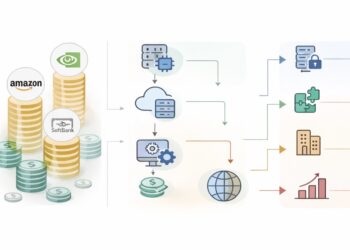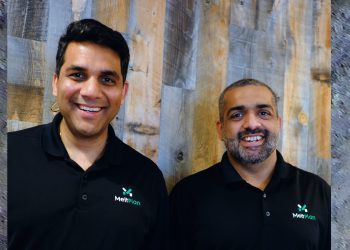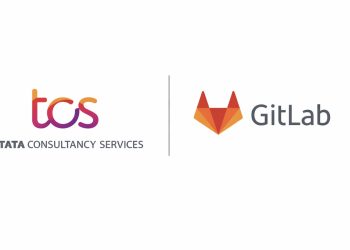According to a new survey by Gartner, Inc, GenAI has become the most frequently deployed and the number 1 type of AI solution in organizations. Based on a survey conducted in the fourth quarter of 2023 found that 29% of the 644 organizations from the U.S., Germany, and the U.K. said that they have deployed and are using GenAI, making it the most commonly implemented AI technology.
GenAI beats all the other AI technologies, such as graph techniques, optimization algorithms, rule-based systems, natural language processing, and various other machine learning methods.
The survey also shows that the best way to fulfill GenAI use cases in organizations is incorporating GenAI by implanting it within existing applications (such as Microsoft’s Copilot for 365 or Adobe Firefly); 34% of respondents agree to use GenAI as the primary method.
Compared to the other options, such as customizing GenAI models with prompt engineering (25%), training or fine-tuning bespoke GenAI models (21%), or using standalone GenAI tools, like ChatGPT or Gemini (19%), this method is more frequent.
“GenAI is acting as a catalyst for the expansion of AI in the enterprise,” said Leinar Ramos, Sr Director Analyst at Gartner. “This creates a window of opportunity for AI leaders, but also a test on whether they will be able to capitalize on this moment and deliver value at scale.”
As AI technology grows, organizations deploying the GenAI journey successfully offer valuable insights and lessons that can guide others in adopting and implementing AI.
“Organizations who are struggling to derive business value from AI can learn from mature AI organizations,” said Ramos. “These are organizations that are applying AI more widely across different business units and processes, deploying many more use cases that stay longer in production.”
According to the survey, only 9% of organizations are currently AI-mature by focusing on fundamental capabilities for sustainable AI growth and implantation.
- A scalable AI operating model, balancing centralized and distributed capabilities.
- A focus on AI engineering, designing a systematic way of building and deploying AI projects into production.
- An investment on upskilling and change management across the wider organization.
- A focus on trust, risk and security management (TRiSM) capabilities to mitigate the risks that come from AI implementations and drive better business outcomes.
“AI-mature organizations invest in foundational capabilities that will remain relevant regardless of what happens tomorrow in the world of AI, and that allows them to scale their AI deployments efficiently and safely,” said Ramos.
Organizations may develop and overcome the challenges of implementing AI projects by concentrating on these fundamental skills. According to the report, the average percentage of AI projects that reach production is only 48%, and the time it takes to get from an AI prototype to production is 8 months.
“GenAI has increased the degree of AI adoption throughout the business and made topics like AI upskilling and AI governance much more important,” said Ramos. “GenAI is forcing organizations to mature their AI capabilities.”
One of the biggest impediments to AI adoption is effectively demonstrating its value. As per the survey 49% of participants have faced difficulties in estimating and demonstrating the value of AI projects. This issue exceed other barriers, such as talent shortages(42%), technical difficulties(40%), data-related problems(39%), lack of business alignment(39%) and trust in AI(39%).
“Business value continues to be a challenge for organizations when it comes to AI,” said Ramos. “As organizations scale AI, they need to consider the total cost of ownership of their projects, as well as the wide spectrum of benefits beyond productivity improvement.”
Also Read: Can AI chatbots enhance customer experience and reduce the cost of serving customers?




















